Category: Biology
-
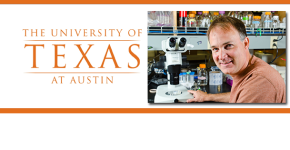
Jon Pierce-Shimomura, UT Austin – Treating Alcoholism with Worm Experiments
Academic research sometimes takes scientists into unforeseen places. Today on The Academic Minute, Jon Pierce-Shimomura, a professor at The University of Texas at Austin, discusses his research aimed at treating alcoholism through the intoxication of worms. Jon Pierce-Shimomura, assistant professor in the Waggoner Center for Alcohol and Addiction Research at The University of Texas at…
-
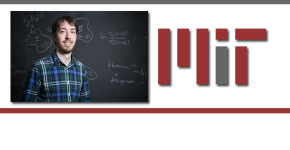
Jeremy England, MIT – Life’s Physical Origins
Can physics be the branch of science that finally figures out the origin of life on Earth? Jeremy England, a professor of physics at the Massachusetts Institute of Technology, is using physics and working to unravel the beginning of life. Jeremy England was born in Boston and grew up mostly in New Hampshire. After graduating…
-

Lynn Helding, Dickinson College – A Science of the Voice
Vocology is an emerging field focusing on the voice. Lynn Helding, a professor at Dickinson College, discusses the importance of a science of the voice. Lynn Helding is an associate professor of music (Voice) at Dickinson College, who finds inspiration in the nexus between art and science. As a singing artist, she has performed around…
-
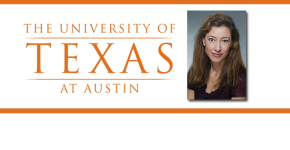
Jennifer Maynard, UT Austin – Outsmarting Whooping Cough
New insights into pertussis are helping to fight the disease. Jennifer Maynard, a chemical engineer at The University of Texas at Austin, is working to fight whooping cough. Jennifer Maynard is the Laurence E. McMakin, Jr. Centennial Faculty Fellow and an associate professor of chemical engineering at The McKetta Department of Chemical Engineering at The…
-
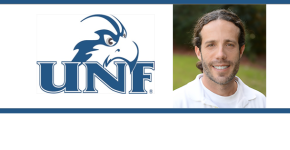
Cliff Ross, University of North Florida – Coral Reef Ecology
Today on The Academic Minute, the interconnectedness of nature is on full display. A marine biologist at the University of North Florida, Cliff Ross is studying the ecology of the Florida Keys to better understand coral reefs. Dr. Cliff Ross is a marine biologist and associate professor in the Department of Biology at the University…
-
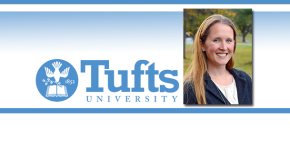
Megan Mueller, Tufts University – Benefits of Pet Ownership
Playing fetch with the family dog might have some far reaching benefits. Megan Mueller, a research assistant professor at Tufts University, is studying the bonds of human-animal relationships. Dr. Megan Mueller is a research assistant professor at Cummings School of Veterinary Medicine at Tufts University. Dr. Mueller has a Ph.D. in child study and human…
-
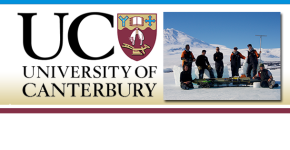
Ian Hawes, University of Canterbury – Mapping Ice Algae with Underwater Drones
Ian Hawes and his team have a very hard job. Along with colleagues from Aarhus University and the University of Tasmania, the University of Canterbury lecturer is using underwater drones to map ice algae in Antarctica. Ian Hawes has been involved in polar science, both Arctic and Antarctic, for more than 30 years and currently…
-
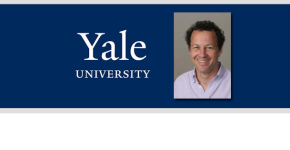
Eduardo Fernandez-Duque, Yale University – Monogamous Monkeys
It’s Valentine’s Day – an appropriate time to look into the love lives of owl monkeys. Eduardo Fernandez-Duque, a biological anthropologist at Yale University, is studying pair bonding in mammals. Eduardo Fernandez-Duque is a biological anthropologist with a general interest in understanding the evolution and maintenance of social systems. His main research interest is to…
-
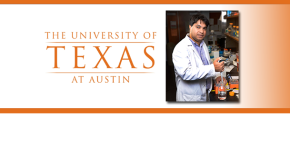
Somshuvra Mukhopadhyay, UT Austin – Unlocking Parkinson’s Disease
What does SLC30A10 mean to you? Chances are: not a lot. To, Somshuvra Mukhopadhyay, a pharmacologist at UT Austin, however, SLC30A10 might hold the key to helping battle Parkinson’s disease. Dr. Somshuvra Mukhopadhyay is an assistant professor of toxicology and pharmacology at The University of Texas at Austin. At the Mukhopadhyay Lab, he is working…
-

Michele Markstein, UMass Amherst – Fighting Cancer with Fruit Flies
Because of their speedy reproductive rates, fruit flies are exceptionally useful for scientific experimentation. We’ve seen it before: here & here. Today on The Academic Minute, UMass biologist Michele Markstein explores their use in improving chemotherapy treatment in the hope of fighting cancer. Michele Markstein is an assistant professor of biology at the University of…
